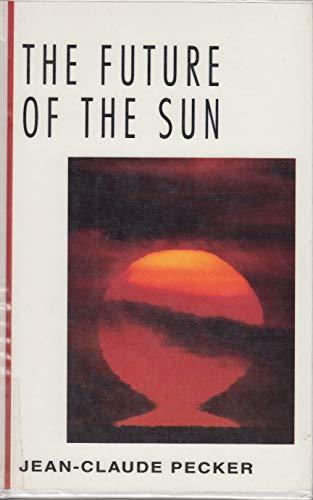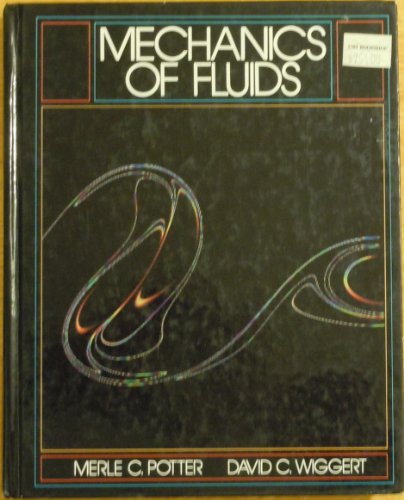The Future of the Sun (MCGRAW HILL HORIZONS OF SCIENCE SERIES)
Pecker, Jean-Claude
Day after day, we gain a better understanding of the star called the Sun. Space exploration, radio astronomy, and computer experiments have now made it possible, after centuries of optical observations, to amass knowledge of the "solar machine" and, for instance, to determine the extent of its "convective and radiative zones" and to understand its activity cycles, identifiable by the sporadic appearance of the famous sunspots and active magnetic regions. But the astrophysicists also bring up the question of the future of "our star" and construct models of its evolution that stir the imagination. How, having reached the midway point in its life, is the Sun going to age? Its fiery heart is being relentlessly consumed; for more than four billion years the solar wind has been perpetually tearing matter away from its atmosphere; it has already lost a fantastic quantity of hydrogen. Its portended death can indeed be imagined today. Before shrinking to a "white dwarf," there it is tomorrow (in a few billion years) having become a "red giant," expanding until it swallows up Mercury, Venus and Earth in its furnace. Such visions contribute, by their scope and beauty, to the "joy of being an astronomer" that Jean-Claude Pecker so passionately evokes.
| Name in long format: | The Future of the Sun (MCGRAW HILL HORIZONS OF SCIENCE SERIES) |
|---|---|
| ISBN-10: | 0070491828 |
| ISBN-13: | 9780070491823 |
| Book pages: | 106 |
| Book language: | en |
| Edition: | English language ed |
| Binding: | Paperback |
| Publisher: | McGraw-Hill |
| Dimensions: | Height: 9.25 Inches, Length: 6.25 Inches, Weight: 3.086471668 Pounds, Width: 0.5 Inches |



















